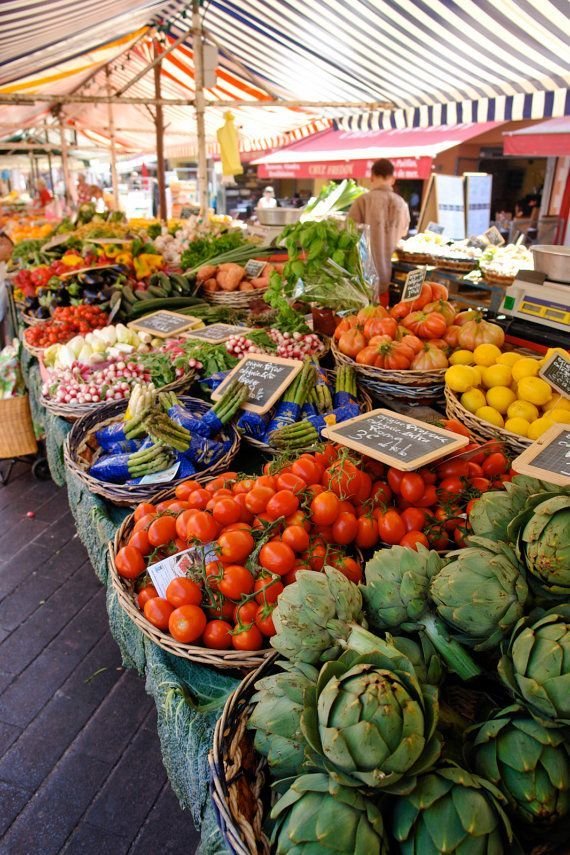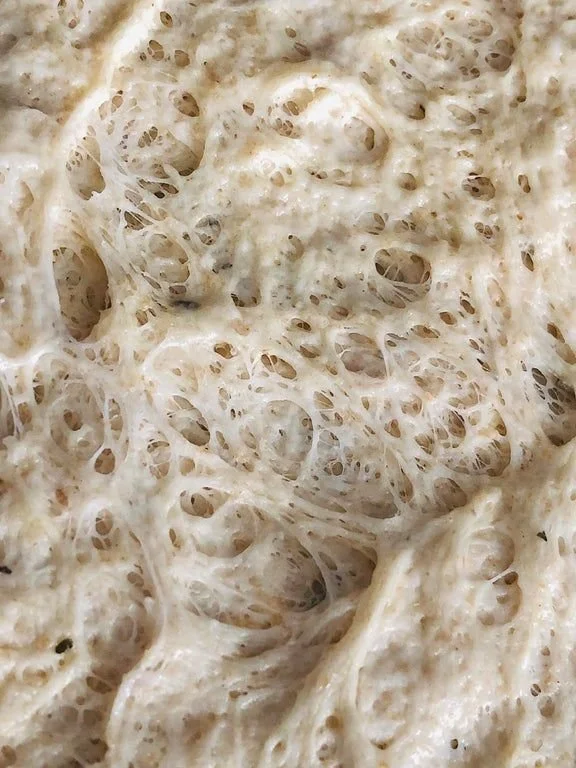Natural Eating in a Synthetic World: How to Stay Grounded
In a world increasingly dominated by innovation and synthetic solutions, our plates have become battlegrounds for competing agendas. Lab-grown meat, ultra-processed plant-based alternatives, and mass-market foods compete for space on our tables, often in the name of progress and sustainability. Yet, in the rush to redefine how we eat, we risk losing touch with the very essence of nourishment: simplicity, purity, and connection to the natural world.
The Synthetic Shift: How Did We Get Here?
The shift toward synthetic and lab-grown foods didn’t occur overnight. It’s the result of decades of industrialization and a global push for scalability and efficiency. Proponents argue these innovations address environmental challenges, reduce animal suffering, and meet the demands of a growing population. However, beneath the glossy marketing lies a troubling truth: many of these solutions further disconnect us from nature, our traditions, and even our own health.
Lab-grown meat may eliminate the need for factory farming, but it also replaces the authenticity of food with something entirely manufactured—a sterile imitation severing our connection to nature’s wisdom. How does it make sense to advocate for healthy, organic fruits and vegetables, yet embrace meat created in a laboratory? It is a contradiction that defies logic and the natural order, steering us further from the nourishment that nature and God intended for us. As an ex-vegan of ten years, I understand the longing to avoid animal suffering; it shaped much of my journey. Even now, I wrestle with reintroducing animal products, knowing they are essential for health and vitality. While avoiding harm resonates deeply, synthetic meat is no solution. It represents a deeper agenda to commodify life itself, steering us away from the purity of creation’s design. Consuming such products distances us from real nourishment, replacing it with an artificial construct devoid of life’s essence. Similarly, plant-based alternatives—laden with synthetic additives—offer an illusion of health, far removed from the wholesome diets they claim to embody. Embracing these products means stepping further from the rhythms of nature and into a carefully manufactured illusion.
Photos: We always aim to credit photos; if this one needs crediting or removal, please contact us with the source.
Why Grounding Ourselves Matters
True wellness extends beyond physical health. It encompasses mental, emotional, and even spiritual alignment—a harmony that mirrors the cyclical rhythms of the earth, where the rising sun renews our spirits and the seasons remind us of life’s perpetual balance. When we choose foods that are natural, unprocessed, and ethically sourced, we anchor ourselves in something real—something that connects us to the earth and to the timeless rhythms of life.
Eating natural and healthy foods is an act of quiet rebellion in a world engineered for convenience, where the norm has become artificial and contrived. To seek out and consume real, unaltered nourishment is to challenge the systems that promote synthetic shortcuts and mass-produced mediocrity. It’s a choice to honor the integrity of nature’s design and reconnect with the purity that sustains us. It’s about choosing nourishment that feeds not only the body but also the soul. The taste of a sun-ripened tomato, warm from the embrace of the sun, the crunch of freshly picked greens bursting with the essence of dew-kissed mornings, or the comfort of home-baked bread, its aroma weaving a tapestry of warmth and belonging, reminds us of the joy and vitality that real food brings.
How to Stay Grounded: Practical Tips
Navigating a synthetic food landscape can feel overwhelming, but small, intentional choices can make a world of difference. Here are some ways to reconnect with natural eating:
1. Support Local and Seasonal Produce
Seek out your local farmer’s markets or take a trip to nearby farms for fresh, local, and seasonal produce. Not only does this ensures you’re supporting local ecosystems and consuming food at its peak freshness while it also ensures you’re eating food at its peak flavor and nutritional value.
2. Choose Whole Foods Over Processed Alternatives
Prioritize whole foods like fruits, vegetables, nuts, seeds, and unrefined grains. Avoid products with lengthy ingredient lists or those reliant on synthetic additives.
3. Embrace Ethical and Traditional Farming
Whenever possible, source your meat, dairy, and eggs from small, local farms that prioritize animal welfare and sustainable practices. These products are often fresher and tastier, and while the modern world may make it difficult to ensure they are completely free of harmful chemicals, they are likely to contain fewer additives and retain more of their natural integrity.
4. Grow Your Own Food
If space allows, consider starting a garden—even a small herb pot on a windowsill can deepen your connection to the food you eat. There’s something profoundly grounding about nurturing plants and harvesting your own ingredients.
5. Cook from Scratch
Reclaim the art of cooking. Preparing meals from scratch is not merely about controlling the quality of ingredients—it is a ritual, a quiet homage to our ancestors who stirred their stories into every pot and baked their heritage into every loaf. It fosters a deeper appreciation for the sacred process of transforming raw, earthy elements into nourishment that feeds both body and soul.
6. Educate Yourself on Food Sources
Knowledge is power. Take the time to research where your food comes from and how it’s produced. Understanding the journey from farm to plate can inspire more mindful choices.
Photos: We always aim to credit photos; if these ones need crediting or removal, please contact us with the source.
Finding Balance in a Synthetic World
It’s not about perfection but progress. There will be times when convenience wins out, and that’s okay. The key is to approach eating with mindfulness and intention, making natural and ethical choices wherever possible.
In the end, staying grounded in our food choices is about more than resisting synthetic trends. It’s about preserving the connection between humanity and the earth, safeguarding the traditions that have sustained us for generations, and honoring the simple, divine gift of natural nourishment—a gentle dance between the soil and our souls, where every bite carries the poetry of creation. In a synthetic world, eating naturally is an act of self-care, a return to roots, and a celebration of life itself.
Photos: We always aim to credit photos; if this one needs crediting or removal, please contact us with the source.
What are your favorite ways to stay grounded in your food choices? Share your thoughts in the comments below or explore more insights on embracing natural living and honoring the beauty of God’s creation on our site.





